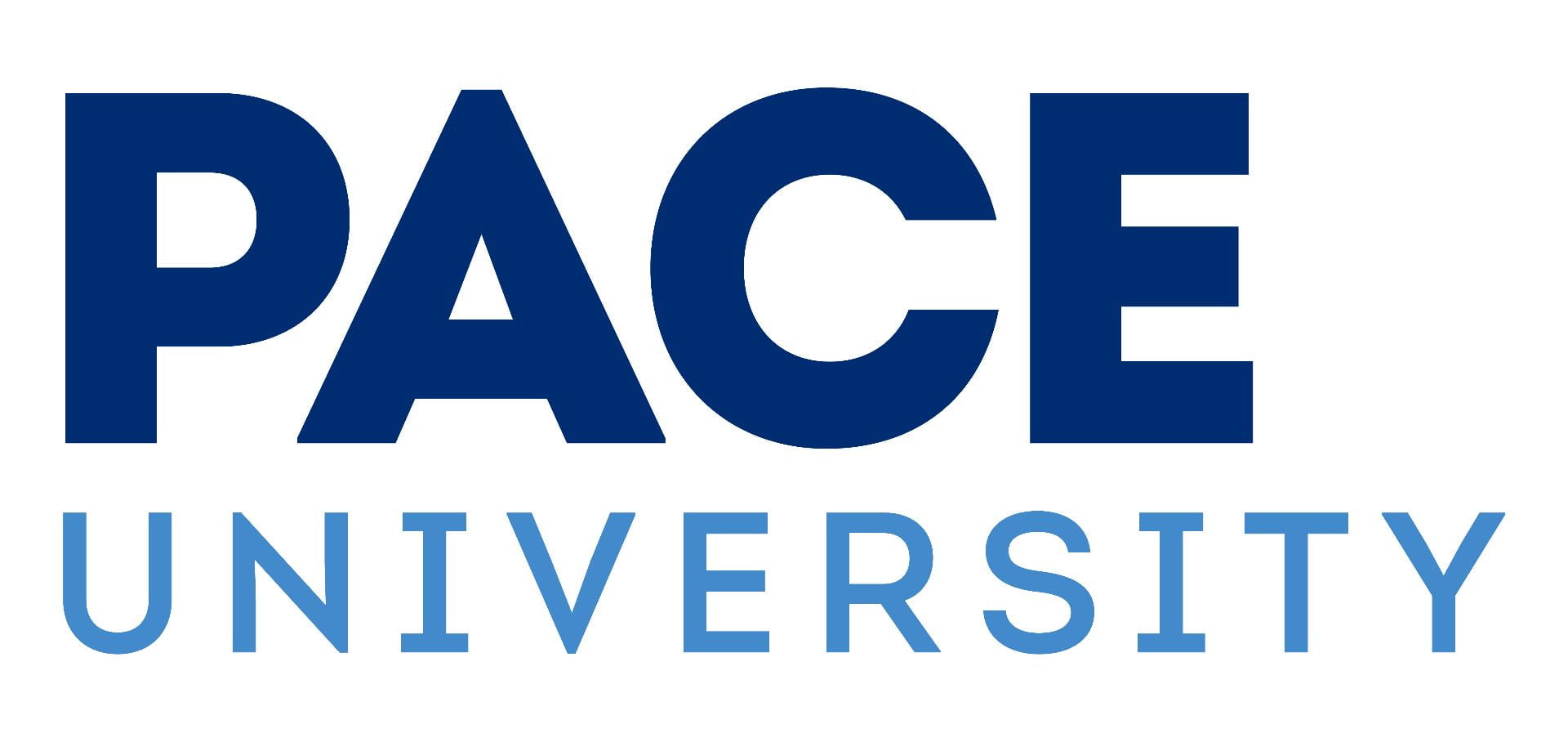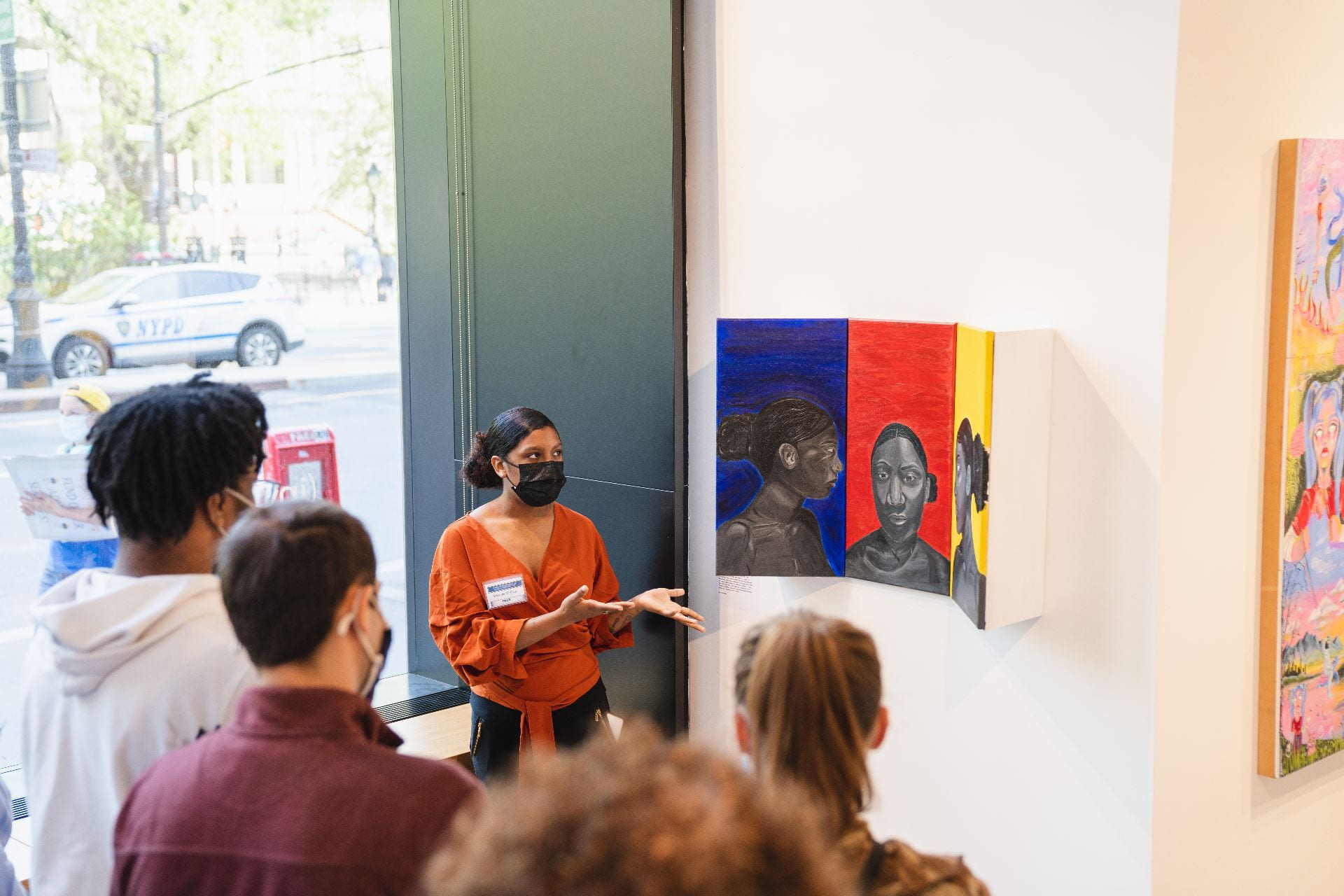MENTORING
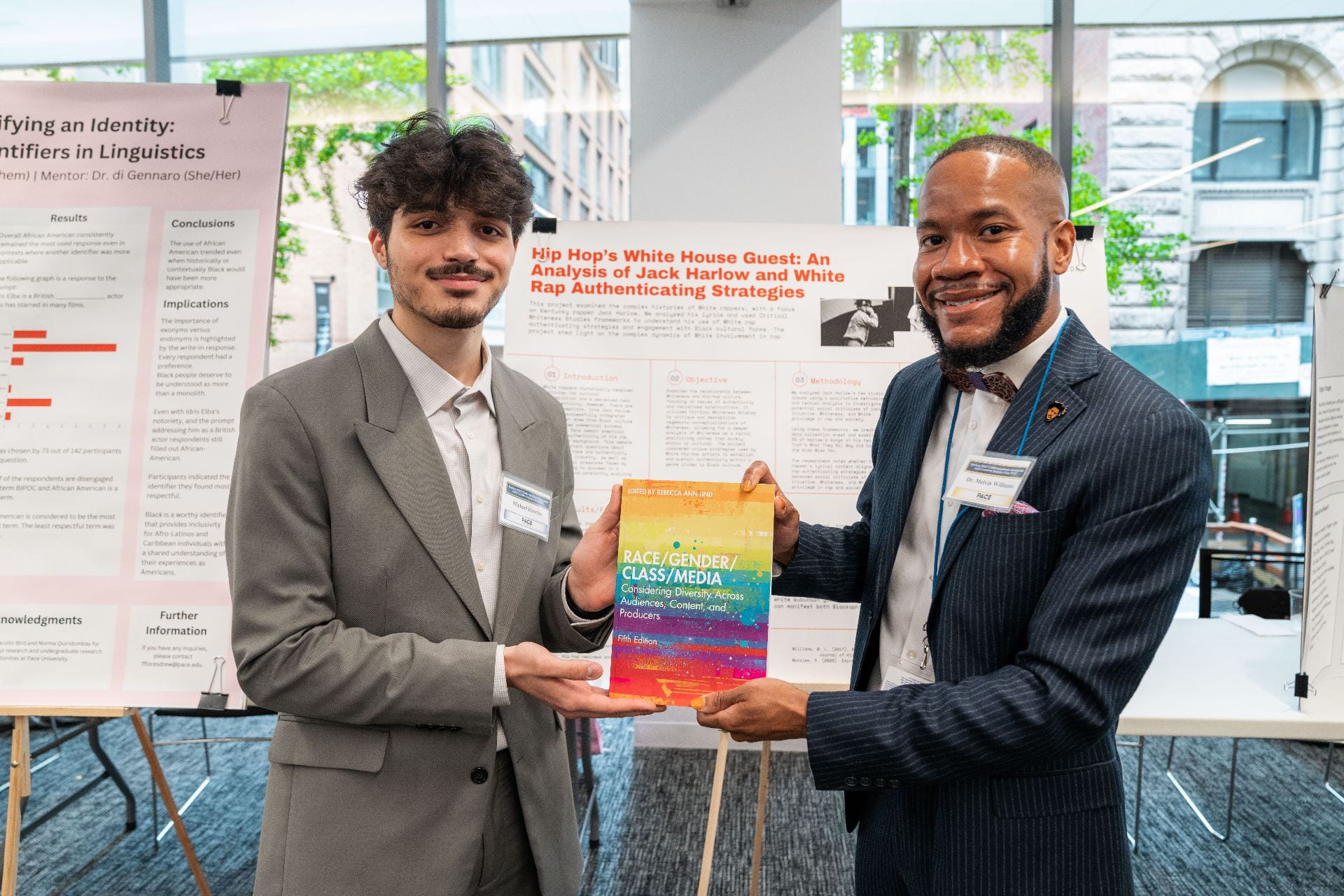
Spring 2025 Faculty Undergraduate Research Webinar Series
Monday/Friday common hour – 12:10-1:10 PM
Tuesday/Thursday common hour – 3:25-4:25 PM
Dr. Maria Iacullo-Bird, Assistant Provost for Research
- How Faculty Grants can include Student Research – Thursday, February 6, 2025
- Creating Course-based Undergraduate Research Experiences (CUREs) – Friday, March 28, 2025
– Thursday, April 3, 2025 - Learn about the Council on Undergraduate Research (CUR)
– Monday, April 21, 2025
Register in advance for Monday’s and Friday’s meetings
Register in advance for Thursday’s meeting
After registering, you will receive a confirmation email containing information about joining the meeting.
FUNDING
Internal Opportunities for Faculty to advance undergraduate research
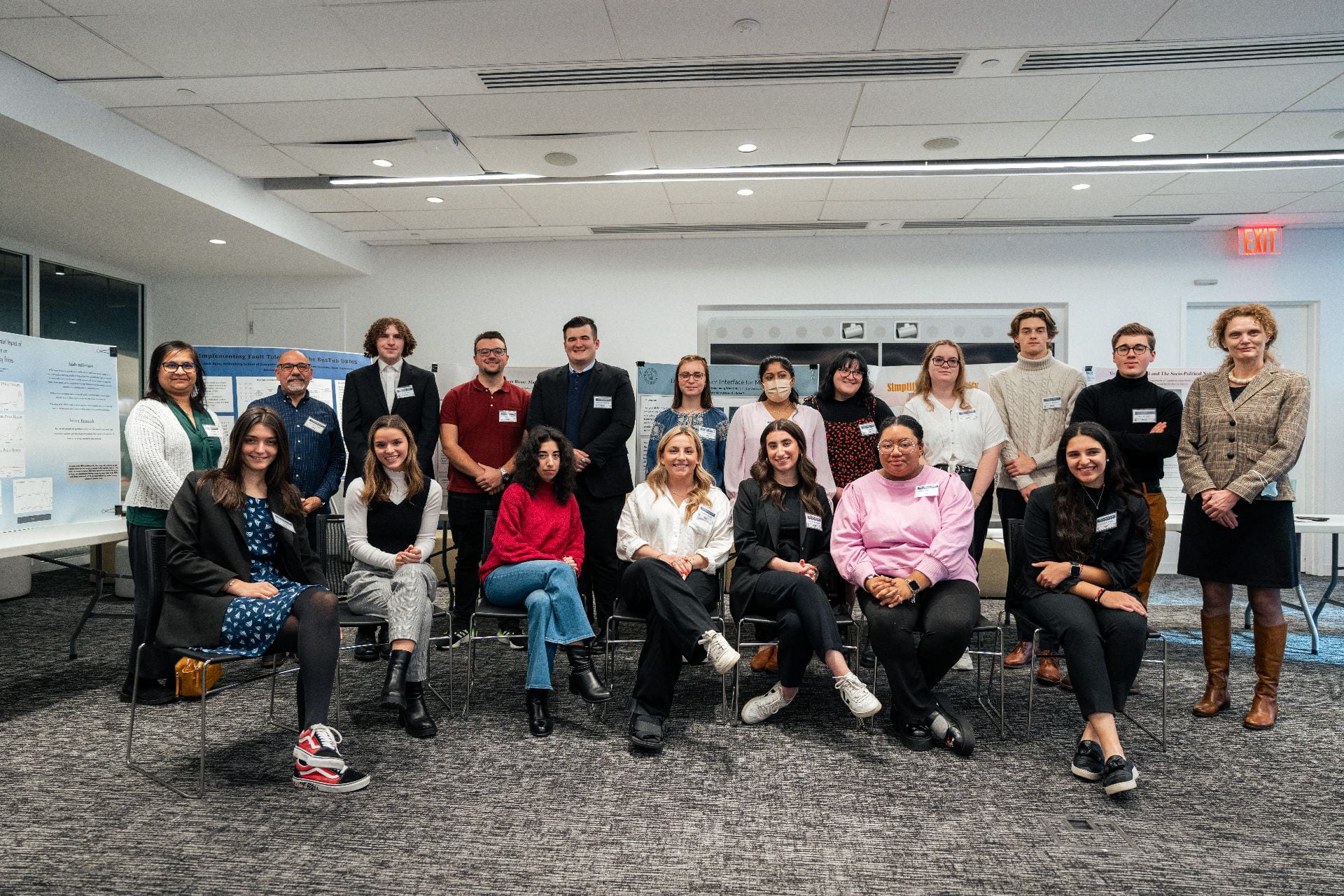
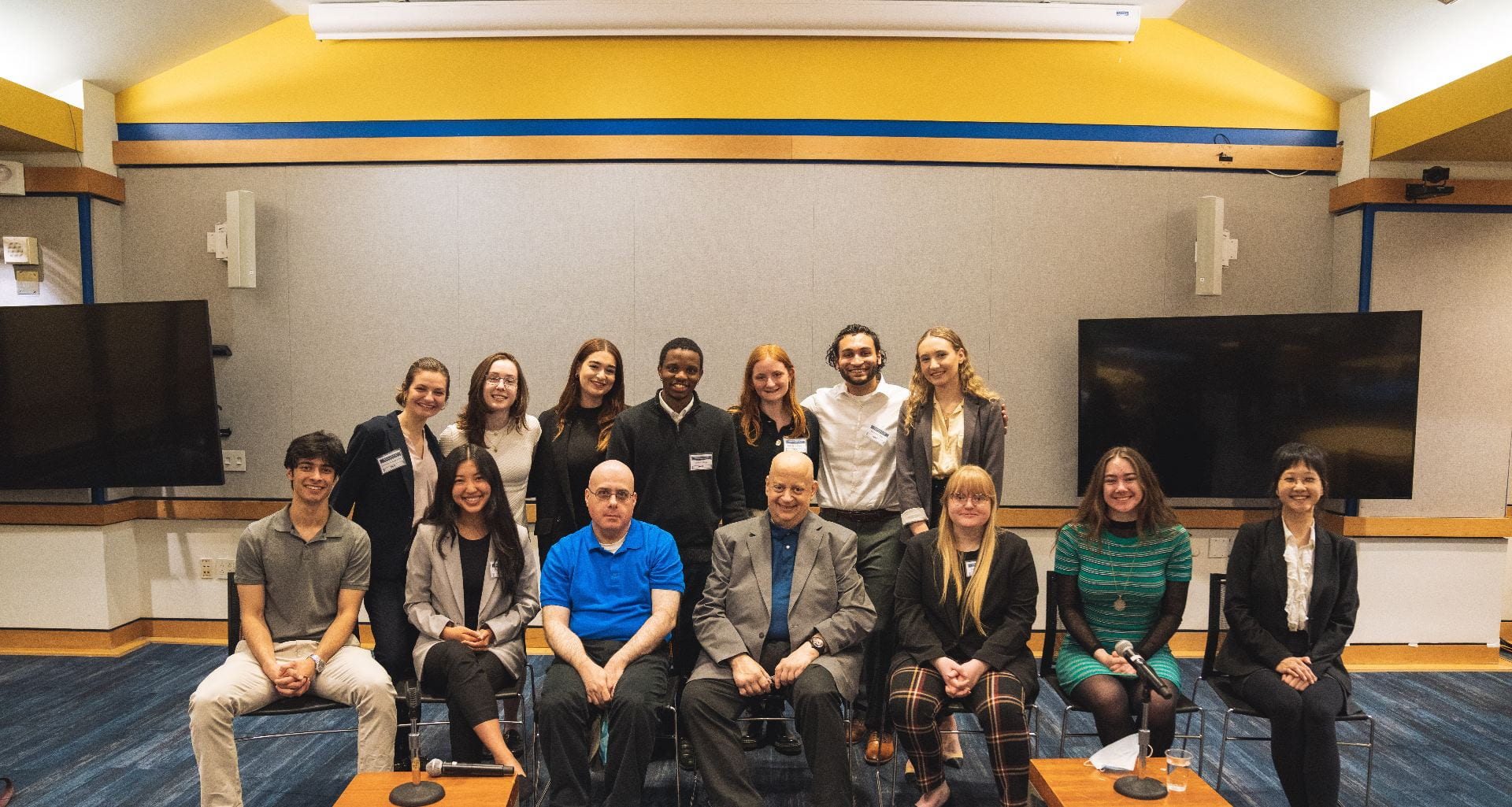
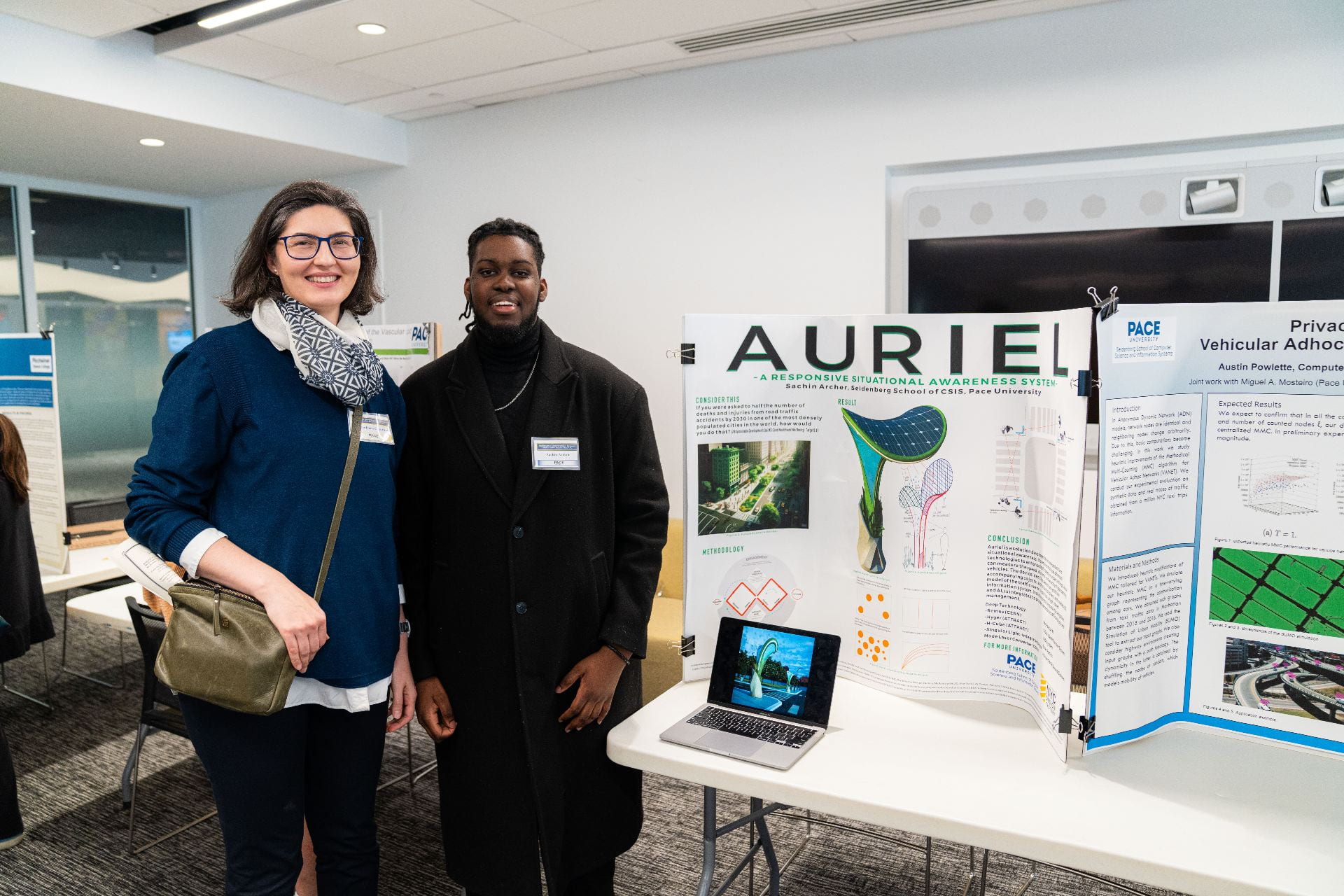
Provost's Student-Faculty Undergraduate Research and Creative Inquiry Award Program: Summer 2025
Students are welcome to apply to more than one Undergraduate Research Award program, but may accept only one award during each award cycle. For example: You can apply to the Provost and Dyson Summer Research Awards, but can only accept one of these awards if both are approved. This policy applies across schools and colleges.
This university-wide research grant program is designed to support research and artistic projects that have evolved from coursework and research/artistic settings and will benefit from further in-depth development through sustained student work and faculty mentoring.
The goal of this program is to support independent, faculty-mentored undergraduate research or artistic projects that are not fulfilling course or degree requirements during the academic year and summer.
Student Awardees and full-time Faculty Mentors receive a stipend paid in installments. Faculty may sponsor a second student or student group project but due to funding limitations, faculty are eligible for only one stipend per award cycle. Students who receive funding for an award cycle -either for the summer or academic year- may apply for a second funding cycle award. To advance access and inclusion in undergraduate research, priority is given during the faculty review process to first-time program applicants.
Students may hold up to a maximum of two Undergraduate Research Stipend Awards during their college studies.
All student awardees are expected:
- to work part-time on their projects;
- to participate in regular check-ins with their faculty mentor no less than twice a month;
- to descriptive reflections about the research/artistic experience
- to submit a final research paper, or artistic project, and;
- to present at Fall Showcase or Spring Research Day
Eligibility
Applicants must meet the following criteria:
- be full-time undergraduate student at Pace University
- be entering their sophomore, junior, or senior year in the fall
- have successfully completed introductory courses in the proposed project field
- meet a minimum 3.0 QPA (overall quality point average)
- have a full-time faculty sponsor willing to mentor the project Any exception to academic eligibility requirements must be addressed in both the student application and faculty recommendation.
All student awardees are expected:
- to work part-time on their projects;
- to participate in regular check-ins with their faculty mentor no less than twice a month;
- to descriptive reflections about the research/artistic experience
- to submit a final research paper, or artistic project, and;
- to present at Fall Showcase or Spring Research Day
Requirements
For the 2024-2025 Academic Year, student award recipients are required to:
a) attend a program orientation, and subsequent check-in meetings
b) meet all university research requirements that include:
– Submitting Institutional Review Board (IRB) approval for research involving human subjects
– Submitting Institutional Animal Care and Use Committee (IACUC) approval for research involving animals
– Submitting Pace legal consent forms completed for any research artistic projects which include identifiable images and/or interviews as part of the project
*IRB or IACUC approvals and completed consent forms must be submitted to CURE award supervisory staff.
c) verify that the grant award will support an independent research or artistic project that is outside assigned coursework, and is not fulfilling an academic requirement such as the senior capstone or Honors College thesis
d) work part-time on their research or artistic projects
e) participate in monthly research webinars
f) participate in regular check-ins with their faculty mentor no less than twice a month
g) write four reflections about the research experience
h) present at Fall Virtual Undergraduate Research Series and in-person at Undergraduate Research and Creative Inquiry Day in May
i) submit a research paper or artistic project as the program concludes Academic Year 2024-2025 Project proposals are for the full 2024-2025 academic year (both Fall 2024 and Spring 2025 semesters
**********************************************************
For Summer 2025, student award recipients are required to:
(a) attend a program orientation, mid-summer check-in, and concluding meeting
(b) meet all university research requirements that include:
– Submitting Institutional Review Board (IRB) approval for research involving human subjects
– Submitting Institutional Animal Care and Use Committee (IACUC) approval for research involving animals
– Submitting Pace legal consent forms completed for any research artistic projects which include identifiable images and/or interviews as part of the project
*IRB or IACUC approvals and completed consent forms must be submitted to CURE award supervisory staff.
(c) weekly work on projects and meet or check-in by email with faculty mentor
(d) write reflections about the research experience
(e) submit a research paper or artistic project as the program concludes
(f) present at the Fall Virtual Undergraduate Research Series and in-person at Undergraduate Research and Creative Inquiry Day in May
Summer 2025 Projects will commence the first week in June and conclude August 31, 2025.
All student awardees are expected:
- to work part-time on their projects;
- to participate in regular check-ins with their faculty mentor no less than twice a month;
- to descriptive reflections about the research/artistic experience
- to submit a final research paper, or artistic project, and;
- to present at Fall Showcase or Spring Research Day
Evaluation
Faculty from across the schools and colleges review student submissions based on the following criteria:
- Scholarly merits of the proposal
- Overall quality, organization, and clarity of the student-written proposal
- Description of the student role in the faculty-mentored research or creative inquiry project
- Student goals are relevant to research project
- Mentoring commitment for a supportive learning environment
- Contribution of the project to the student’s discipline or field of study
- Feasibility of the project outcomes
- Potential for external presentation and/or publication
Undergraduate Research Assistantship Program: 2025-2026 Academic Year
Proposals are being accepted on a rolling basis until funds are depleted.
The Center for Undergraduate Research Experiences (CURE) is soliciting proposals from faculty for undergraduate research assistants to support faculty research and artistic projects! Once approved by CURE, these jobs will be posted for students who hold Federal Work Study (FWS) awards in their Pace financial aid packages.
After students apply, each faculty member will review the student applications submitted for the research position to select an undergraduate research assistant.
Undergraduate Research Assistantship Program Application
If you have questions, contact Maria Iacullo-Bird, Ph.D., miacullobird@pace.edu.
Guidelines for FWS Assistantship positions:
For the academic year a student may hold either an undergraduate grant award or the Work Study position but not both. The only exception is for a senior graduating in December who may hold both a one-semester grant award and a one-semester Work Study research assistantship position.
Create a position that is on-campus and has the option to support remote work as needed.
The availability of Federal Work Study funds for undergraduate research enables Pace:
- to involve more students in research
- to introduce research earlier in a student’s college years, since entering freshman will be eligible along with all other full-time undergraduate students
- to help ensure greater inclusion and diversity among student researchers
- to provide an opportunity for faculty members to obtain support for their research and enhance opportunities for student-faculty collaboration on academic projects
According to the federal Fair Labor Standards Act, once a student is paid for work, that student cannot “volunteer” to continue that same work. If the student’s work-study funds become exhausted, the faculty member must either conclude the project with that student research assistant, or, obtain an alternative funding source to continue the project with the same research assistant.
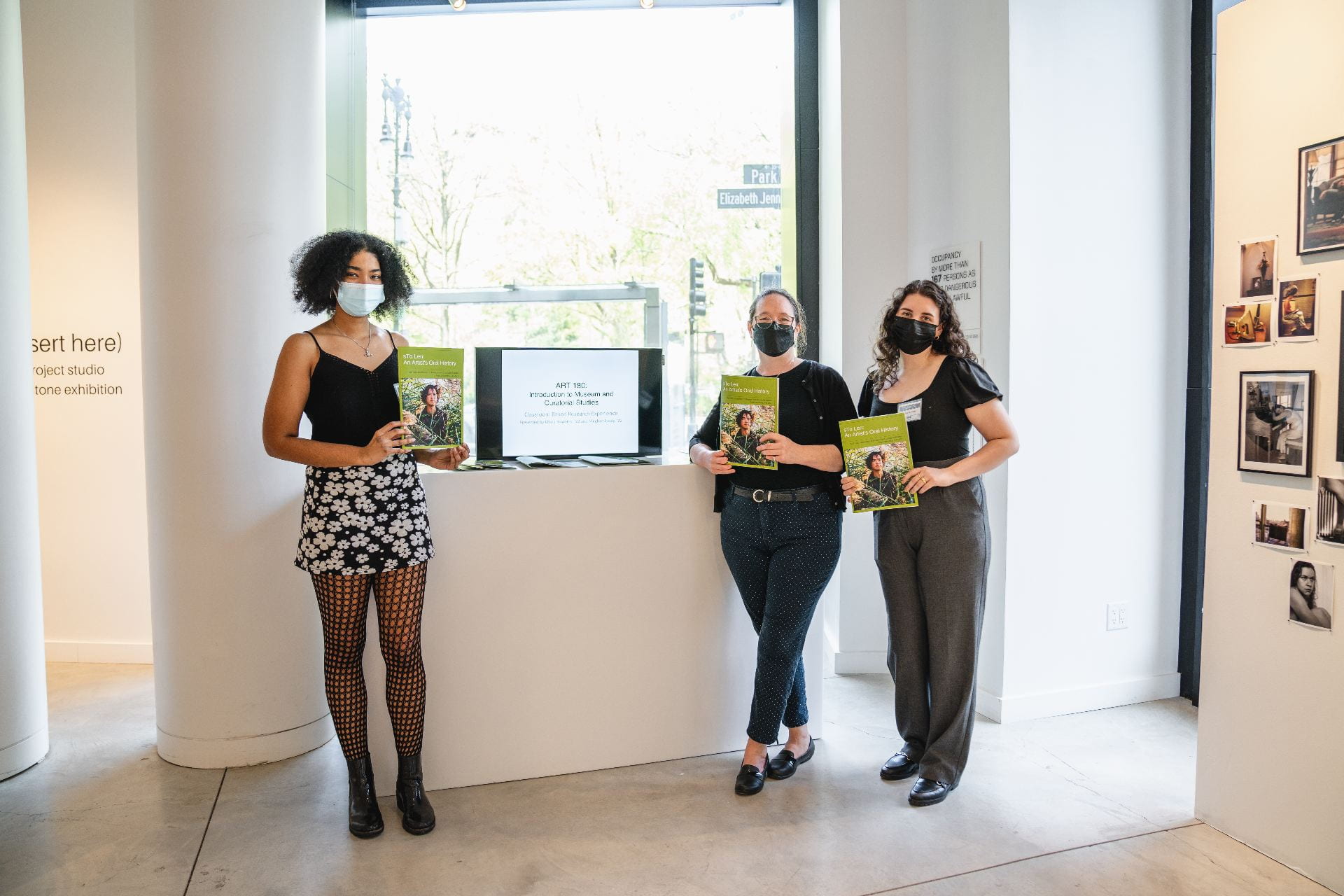
Application Deadline: april 22, 2024
Course-based Undergraduate Research Experiences Award
The Pace University Office of Research invites proposals for funding of up to $5,000 to support the incorporation of research and creative inquiry into the undergraduate curriculum. This award process is committed to supporting the developmental integration of research across the curriculum referred to as “scaffolding” in undergraduate research pedagogy. This approach prioritizes the value of inquiry-based learning through the research or creative inquiry process at introductory, intermediate, and advanced levels of instruction across disciplines and schools. This can be done
through the significant revision of existing courses and the creation of new Course-based Undergraduate Research Experiences (CUREs). Our goal is to make course-based research and creative inquiry more inclusive and available to all students as the experiential pedagogy that distinguishes Pace undergraduate education. Examples of eligible course projects include partnering with a community organization to develop a course-based research or creative inquiry project; incorporating physical or digital archival research into a course; or enhancing labs to emphasize exploration
and inquiry.

Faculty Undergraduate Research Mentor Award
This award honors faculty members who have demonstrated exemplary mentoring of Pace undergraduate students in research and creative inquiry projects. For the pilot year of this award, recipients will receive a monetary and a plaque in recognition of their achievement.
External Funding Opportunities
National Science Foundation Research Experiences for Undergraduates (REU)
The Research Experiences for Undergraduates (REU) program supports research participation by undergraduate students in research projects funded by the NSF.
The REU program is designed to increase student participation in a broad range of research initiatives to encourage careers in STEM fields and in all fields that receive NSF funding including the social and behavioral sciences.
The REU Program Solicitation, which can be found under Program Guidelines on the REU Program Overview page, provides instructions on how to apply for an REU Site or an REU Supplement.
This REU Program features two mechanisms to support student research:
(1) REU Sites are based on independent proposals to initiate and conduct projects that engage a number of students in research. REU Sites may be based in a single discipline or academic department or may offer interdisciplinary or multi-department research opportunities with a coherent intellectual theme. Proposals with an international dimension are welcome.
Proposals for REU Sites must be submitted by the annual deadline, which is advertised in the solicitation. REU Sites are funded by research divisions/directorates throughout the Foundation. Each disciplinary unit has a point-of-contact for questions about REU Site proposals, which can be found on the Web page REU Site Contacts.
(2) REU Supplements may be included as a component of proposals for new or renewal NSF grants or cooperative agreements or may be requested for ongoing NSF-funded research projects.
See the REU program solicitation
PEDAGOGY
Undergraduate Research as a High-Impact Practice
There is an extensive literature addressing undergraduate research as a pedagogy for advancing student success:
- George Kuh, 2008. High-impact educational practices: What they are, who has access to them, and why they matter. Washington, DC: Association of American Colleges and Universities. https://www.aacu.org/node/4084
- Sharyn J. Potter, et al. “Mentoring Undergraduate Researchers: Faculty Mentors‘ Perceptions Of The Challenges And Benefits Of The Research Relationship,” Journal of College Teaching & Learning –October 2009, Volume 6, Number 617, 17-30. https://clutejournals.com/index.php/TLC/article/view/1131/1115
- David Lopato. “Undergraduate Research as a High-Impact Student Experience,” Peer Review, Spring 2010 Vol 12, No. 2. https://www.aacu.org/publications-research/periodicals/undergraduate-research-high-impact-student-experience
- Association of American Colleges and Universities (AAC&U) High-Impact Practices https://www.aacu.org/resources/high-impact-practices
- Nancy Hensel, ed. Characteristics of Excellence in Undergraduate Research https://www.cur.org/assets/1/23/COEUR_final.pdf
RESEARCH PROTOCOLS
Research Protections: IRB/IACUC
Institutional Review Board (IRB) review is required when faculty and their students are conducting research on human subjects. Undergraduate students cannot serve as a PI; a member of the faculty or staff must be the PI on undergraduate projects. Undergraduates can, however, be co-investigators on a proposal. If you have questions about whether your project/activity requires IRB approval, please email the IRB Coordinator.
For more information consult the Pace IRB website.
